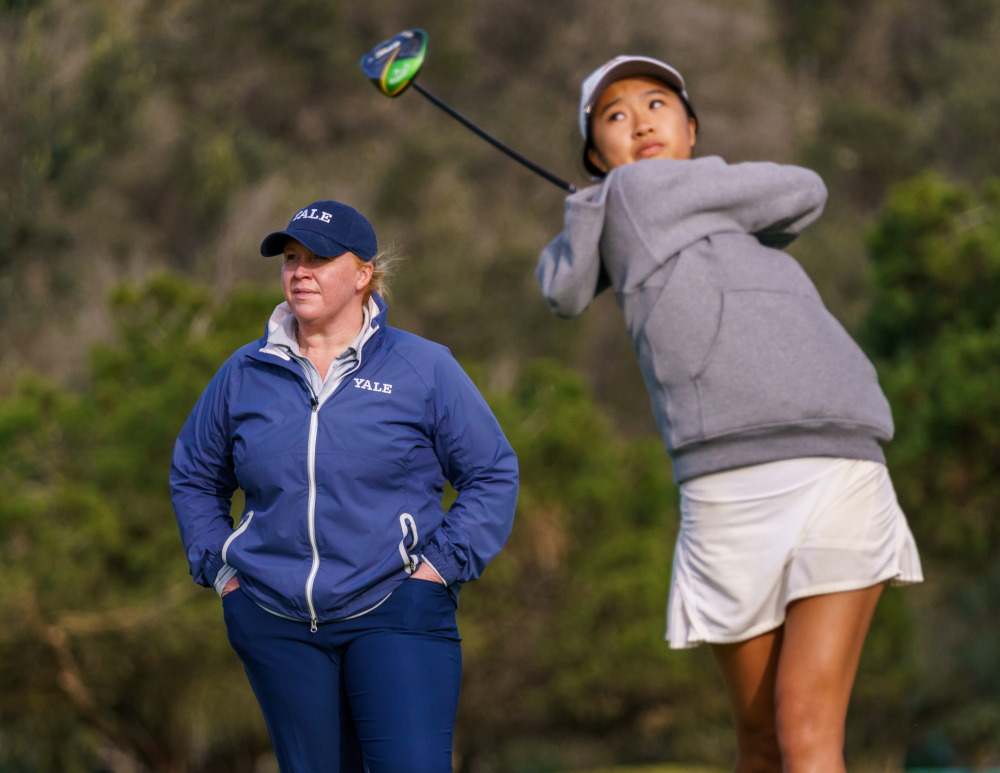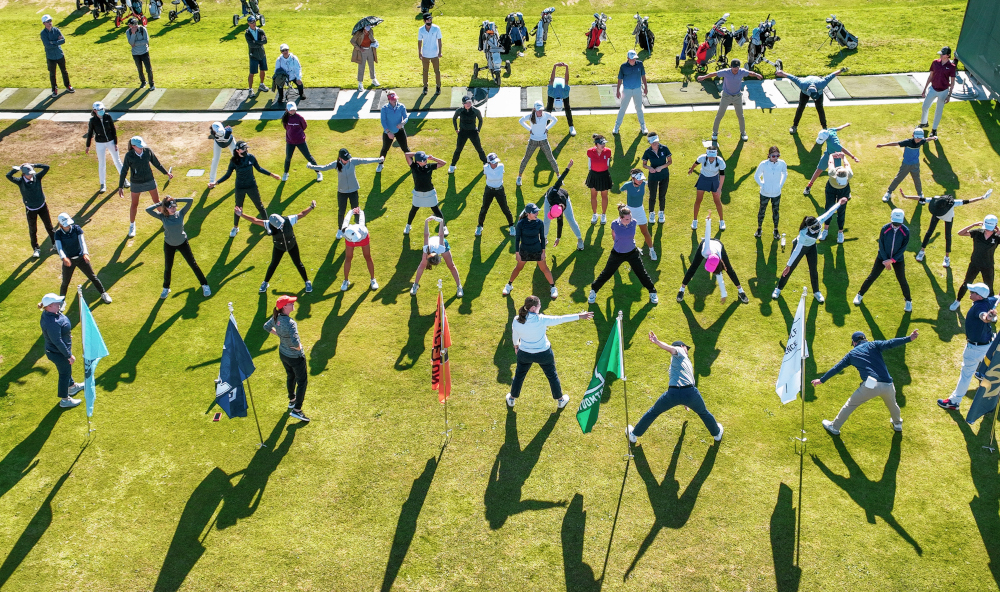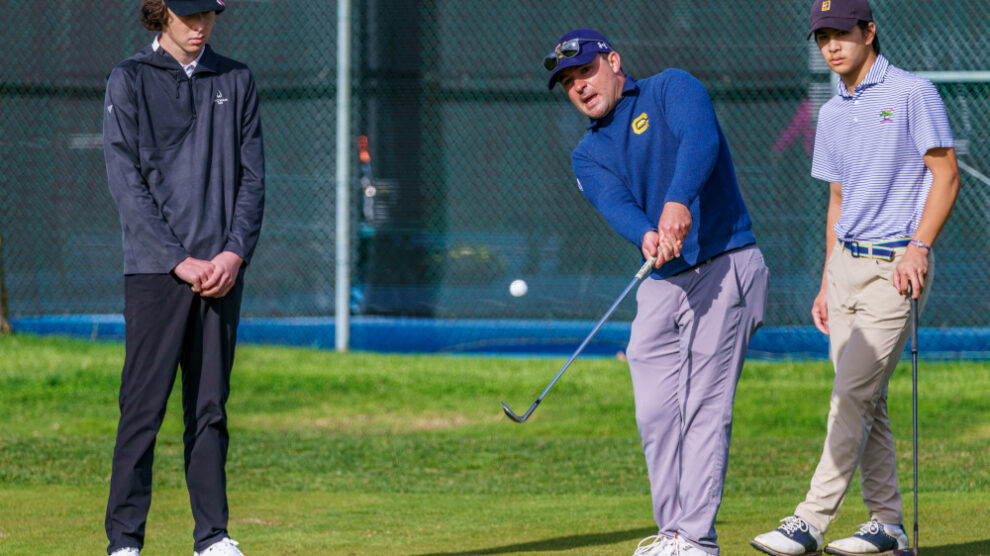by Joshua Jacobs, College Golf Exprience
From the time competitive junior golfers are young, many parents spend thousands of dollars each year so their children can participate in competitive events and chase rankings points. They do an amazing job raising and supporting their junior golfer as they progress through junior golf tours. Almost all players start on local tours put on by organizations like U.S. Kids, PGA Sections, state and local golf associations and independent junior tours. Once a level of success is achieved, players graduate or qualify for higher level tours within the same organization, begin getting invites to prestigious events, seek to play on the AJGA Tour, and to qualify for U.S. Amateur tournaments.
For junior golfers aspiring to play college golf, the hope is to draw the attention of college coaches throughout this tournament progression.
Rankings and tournament finishes may be a factor in helping to identify the level and type of institution where young golfers will eventually play. Tournaments, however, do not give juniors or their families access to college coaches to help guide this process. Junior golfers cannot start having conversations with college coaches until June 15 following their sophomore year of high school. Adding camps to the player’s tournament progression allows college coaches to educate juniors and their family on all-things college golf and the road to get there, as well as opens the door for that education to begin much earlier. Camps help players improve their game to reach their ultimate goals. For the late bloomer or a player flying under the radar after June 15 of their sophomore year, camps get players in front of coaches…and coaches talk.
Tournaments are indeed a vital aspect on the pathway to college golf; however camps play a critical role, too. With coaches as the guides, camps provide families with clearer direction for players on the journey to finding their fit and their spot in college golf.

Running in parallel with a junior golfer's tournament progression, here is the camp progression all junior golfers and their families should consider:
Step 1 - Geographic Showcase Camps and Conference Camps: A junior golfer typically prefers an average of four (4) locations across the country to play college golf - based on weather, specific geographies or particular conferences. Geographic Showcase Camps and Conference Camps help players narrow down these preferences and determine where they want to play college golf in the geography best suited for them. These camps provide access and engagement with a variety of coaches from various divisions and/or teams within each conference who help point a player in the right direction. These camps are typically two-day camps with between 4-8 participating coaches.
Step 2 - Tournament Preview Camps: The next step is to attend Tournament Preview Camps, which are held at host sites of junior tournaments, include course management and strategy seminars, as well as practice rounds with college coach engagement. College coaches admit tournament preparation and course management skills are the weakest parts of junior golfers’ game. Tournament Preview Camps help juniors learn and work on course management and strategy. Ultimately, these camps will help them gain a competitive advantage, which will lower their scores and improve their rankings. Tournament Preview Camps are typically one-day camps with between 3-5 participating coaches.
By now, juniors should have a good idea of where they want to play geographically, an idea of their ranking, and their best academic matches. Juniors should continue to build their tournament resume while showing interest to coaches via communications based on NCAA rules.

Step 3 - Elite Camps: After narrowing down their choices, juniors should look to attend single-institution / Elite Camps run by men’s and/or women’s coaches. These camps provide juniors and families deeper insight into the culture of a coach and their program, the atmosphere of the school, and helps educate what a player may or may not want in a coach, team, or program. Some might include a tour of the campus and program practice facility. Elite Camps are 1-2 days long and register 8-20 players based on the number of coaches.
Coaches take interest in players they want to be around, and the only way they can engage in meaningful ways with a junior players prior to that June 15 date is to attend a camp. The number of hours players and coaches spend together during van rides, plane rides, practice sessions, and on the course adds up. The coach a junior golfer plays for can be a key to their success as a college golfer, and crucial to thriving during the best four years of their life.
As all coaches say, “If you want to play college golf, there’s a spot for you.” But it’s up to you to find your fit and your spot on the team. Camps can make that difference for junior golfers.

